Dr. Kofi Abrefa Busia’s Legacy ( Ignatius Kutu Acheampong & J.J. Rawlings Footage Included)
Dr. Kofi Abrefa Busia’s Legacy ( Ignatius Kutu Acheampong & J.J. Rawlings Footage Included)
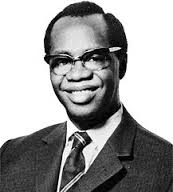 Dr. Kofi Abrefa Busia’s Legacy. This documentary is about late Ghanaian President Kofi Abrefa Busia (1913-1978), who was Prime Minister & President of the 2nd Republic of Ghana. He won the Presidential election in August 1969 and ruled as President from 1969 to 1972 when he was overthrown by a military coup by Colonel Ignatius Kutu Acheampong, head of the Supreme Military Council.
Dr. Kofi Abrefa Busia’s Legacy. This documentary is about late Ghanaian President Kofi Abrefa Busia (1913-1978), who was Prime Minister & President of the 2nd Republic of Ghana. He won the Presidential election in August 1969 and ruled as President from 1969 to 1972 when he was overthrown by a military coup by Colonel Ignatius Kutu Acheampong, head of the Supreme Military Council.
Dr. Busia was a candidate of the Progressive Progress Party (PPP), which is his political party. He was a great opposition to late President Dr. Kwame Nkrumah. They both opposed each other greatly and in fact this was arguably, by far, the worst opposition in Ghana’s history.
Dr. Busia was not just a political leader, but also a sociologist. He was a Professor at Oxford University. A scholar who symbolised the dilemma of the intellectual in politics – the man of thought forced by events to become the man of action. Kofi Busia was born a member of the royal house of Wenchi, from the Brong Ahafo Region of Ghana.
Educated at church missions and at Mfantsipim School, he became a teacher at Achimota School. After three years he attained his goal of a scholarship to Oxford, where he went in 1939. In 1941 Busia returned to the then Gold Coast (Now Ghana) to begin research on the Ashanti political system.
In 1942 he became one of the two first African administrative officers in the colonial service. Busia became concerned when the nationalism of Ghana’s strong man, Prime Minister Kwame Nkrumah, became increasingly radical. In 1951 Busia had stood for Parliament in his home district of Wenchi in the Gold Coast’s first ever elections and lost to Nkrumah.
The opposition had little effect, until there arose in the Ashanti Region a violent “National Liberation Movement” determined to rid the country of Nkrumah at any cost. Its emergence forced the holding of a new election in 1956. Busia was the movement’s unlikely leader, unable to come out the victor. This was the first real threat to Nkrumah, but his party still emerged victorious.
Ghana’s independence in 1957 brought Nkrumah new power, which he used systematically to decimate the opposition. Busia regrouped the opposition into a united party and tried to develop a constructive program, but their tactics played into Nkrumah’s hands. Their inability to sense the mood of the country, which at its base was still in support of Nkrumah, made of them an unconstructive opposition and of Busia a voiceless leader.
By late 1958 Nkrumah was prepared to detain their leading members, and by the next year he had passed a law unseating any Council member absent for more than 20 sessions. The law was aimed directly at Busia, whose scholarly commitments took him all over the world. Threatened by immediate detention, Busia left Ghana, in circumstances that have never been explained but probably on the advice of Krobo Edusei, a fellow Ashanti in Nkrumah’s government.
Several months after the soldiers and policemen had overthrown Nkrumah in February 1966, Busia returned to Ghana after careful negotiations with the ruling National Liberation Council (NLC).
Politics were banned, and the NLC was at best divided as to how much room for maneuver Busia should be given. Its most powerful member in any event favored Komla Gbedemah, who was no doubt a more skillful politician. Tactically, Gbedemah always outmaneuvered Busia and his party was better organized, but he was tainted by his association with Nkrumah.
Busia won the election in a landslide victory at the end of August 1969, beating Gbedemah. Once in office, Busia wielded strong executive powers. He instituted a stringent austerity program. The chief question that was posed by the election and Busia’s years in power was whether this once reluctant politician was sufficiently in control of his own party, and whether he was sufficiently farsighted to lead Ghana out of its economic troubles and its tribal, and political bitterness.
Although his commitment to a parliamentary system was nowhere in question, he authorized some actions and tolerated others that gave rise to the old doubts and some new ones as well. The defeated opposition was further enfeebled by the successful barring of Gbedemah even from membership in the new Assembly, a seat he had overwhelmingly won in his district.
Widespread discontent led to a second military coup on January 13, 1972. The presidency was abolished and the National Assembly dissolved under the regime of Lieutenant Colonel Ignatius Kutu Acheampong. Busia, who was in London receiving medical treatment at the time of the coup, was forced into exile for a second time.Busia spent his final years as a lecturer in sociology at Oxford University. He died in London on August 28, 1978.
This documentary also covers during Ignatius Kutu Acheampong’s rule and Jerry John Rawlings’ rule, namely his heroic interventions.
https://www.youtube.com/watch?v=IPGKWP5HcJ0
This post has already been read 1792 times!
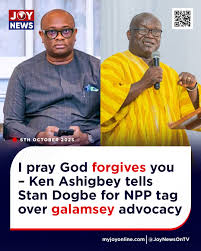
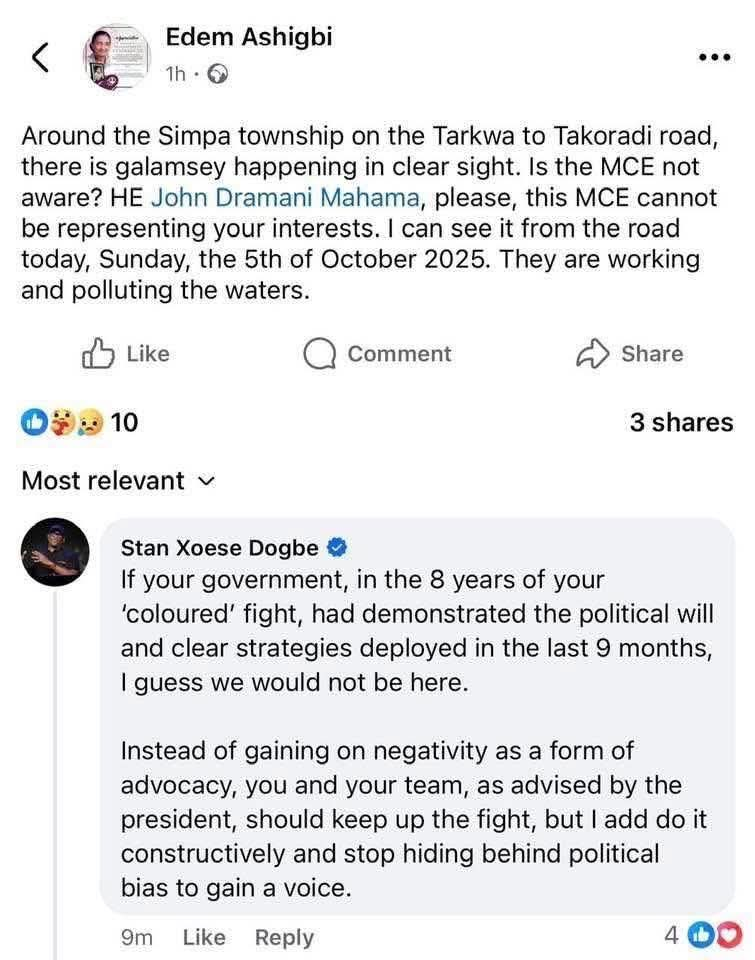
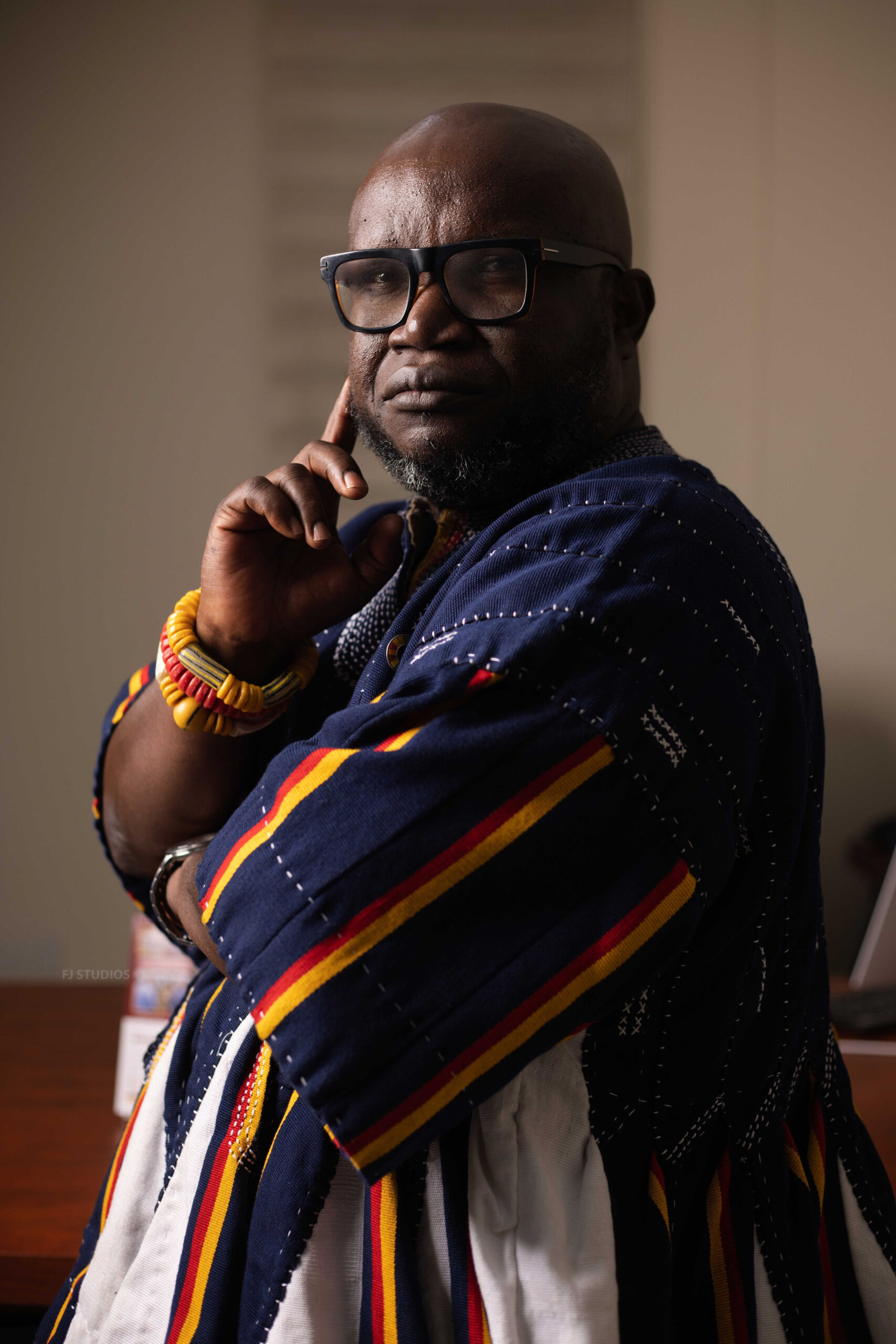

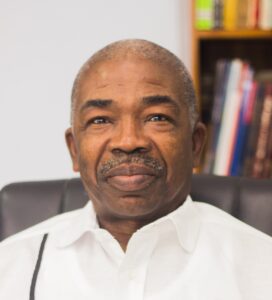
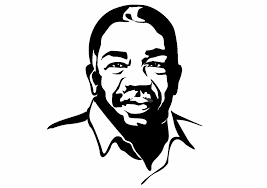

Post Comment